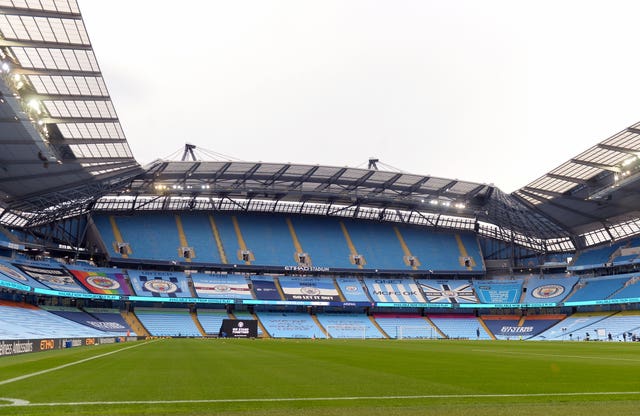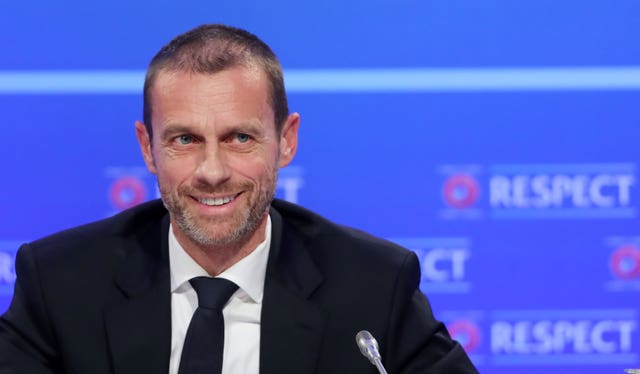UEFA sees October 5 as the day the transfer window should close
The Premier League date for the window to open has not yet been set.

UEFA has advised that the 2020 summer transfer window should close no later than October 5.
The transfer registration period in a number of European countries, including England, has not yet opened because of the delay in finishing the season due to the coronavirus pandemic.
European football’s governing body has set October 6 as the deadline for the registration of players to compete in the Champions League and Europa League group phase, and has therefore recommended that the transfer window closes the day before.
A statement by UEFA on Thursday read: “The deadline for player registration for the group stage of the 2020-21 UEFA club competitions has been set to October 6, 2020.
“As a result, the UEFA executive committee called on all member associations to adopt a harmonised end date to the upcoming summer transfer window, with this date set as October 5, 2020.”
On Wednesday UEFA said the intention was for the group stages of the 2020-21 Champions League and Europa League to start in week beginning October 19.
UEFA’s executive committee has also approved temporary changes to its financial fair play and club licensing regulations in light of the economic challenges presented by the pandemic.

The intention of the changes is to provide clubs with greater flexibility in order to meet transfer and salary obligations, quantify and account for unexpected losses of revenue and adjusting the break-even calculations for any shortfall in earnings reported this year or next.
UEFA hopes to neutralise the impact of the pandemic by averaging the combined deficit of 2020 and 2021 and by “further allowing specific Covid-19 adjustments”.
UEFA President Aleksander Ceferin said: “The decision to postpone EURO 2020 had a significant cost to national team football and UEFA’s member associations, but it has allowed domestic competitions across Europe to be played to a conclusion – something that, in turn, has been hugely beneficial to both club and international football.

“Preserving the September international window prevents national team football from suffering further damage – a price that would be paid at every level of the game but that would be felt particularly harshly at grassroots level. As guardians of the game across the whole of Europe, we cannot allow that to happen”
UEFA also set out minimum guidelines for heading in youth football. In England, Northern Ireland and Scotland the guidance is now that children should avoid heading the ball in training under the age of 11.
This follows studies which have shown an increased risk of neurodegenerative disease among footballers compared to the general population, although no link between that risk and heading the ball has yet been established.

Neil Doncaster, the chief executive of the Scottish Professional Football League, has also been appointed to the CEDB.
UEFA also approved the qualifying format for the 2022 World Cup in Qatar. There will be five groups of six and five groups of five, with the 10 group winners qualifying for the finals.
The 10 group runners-up will go through to the play-offs along with two teams from the 2020-21 Nations League, to settle the final three European qualifiers for the tournament.
The dates for these matches have not yet been set.





